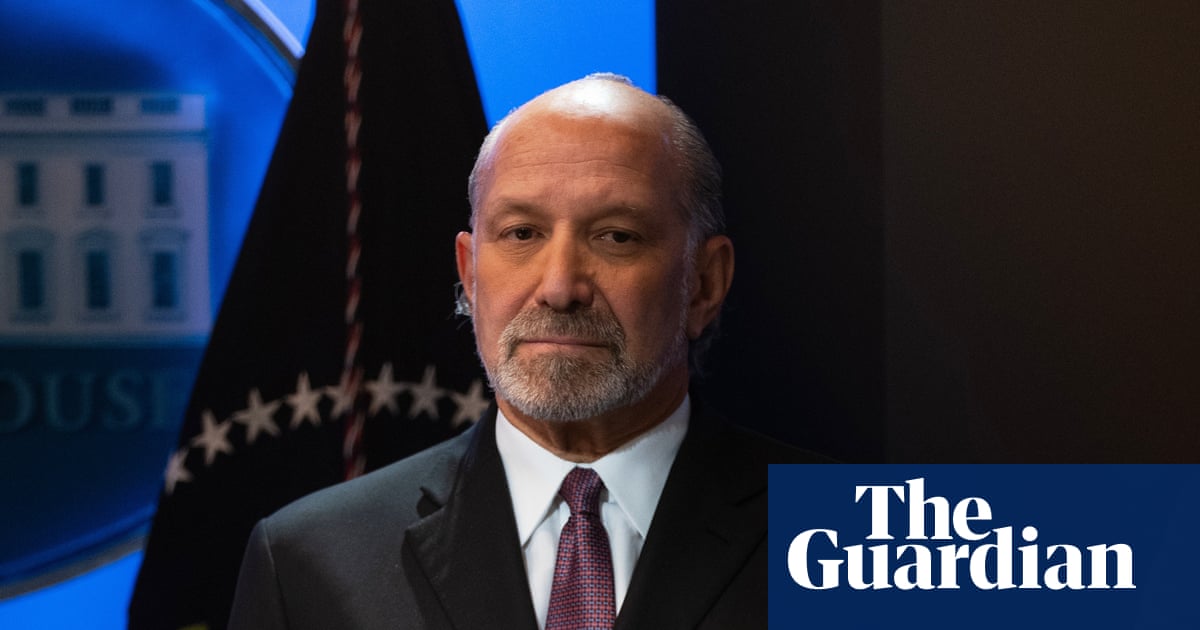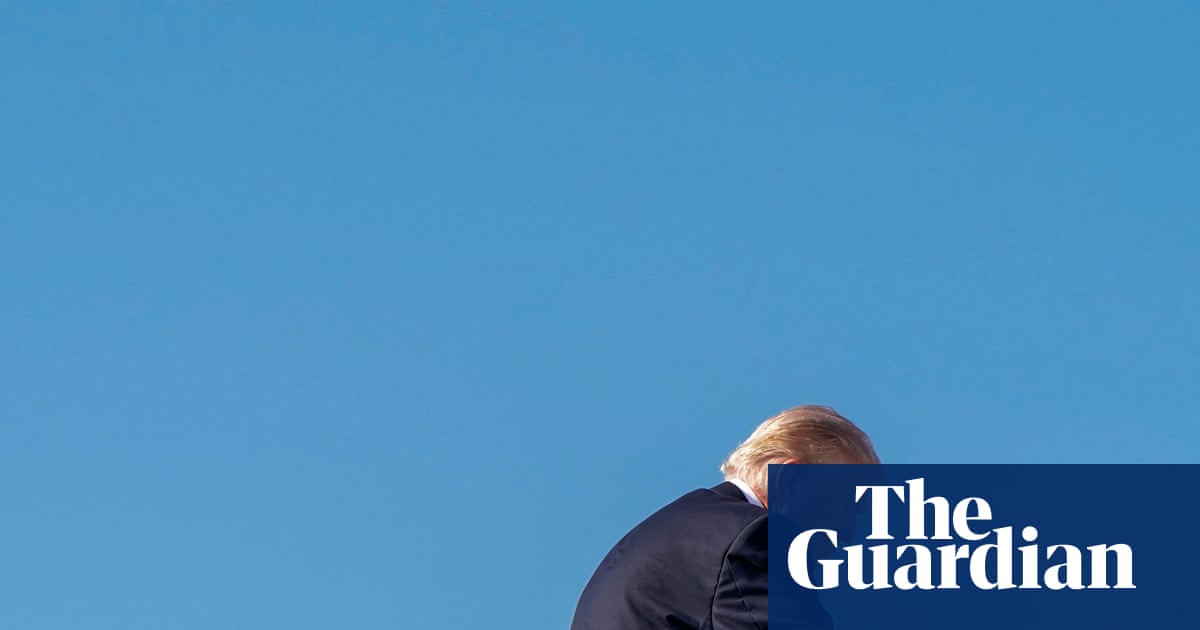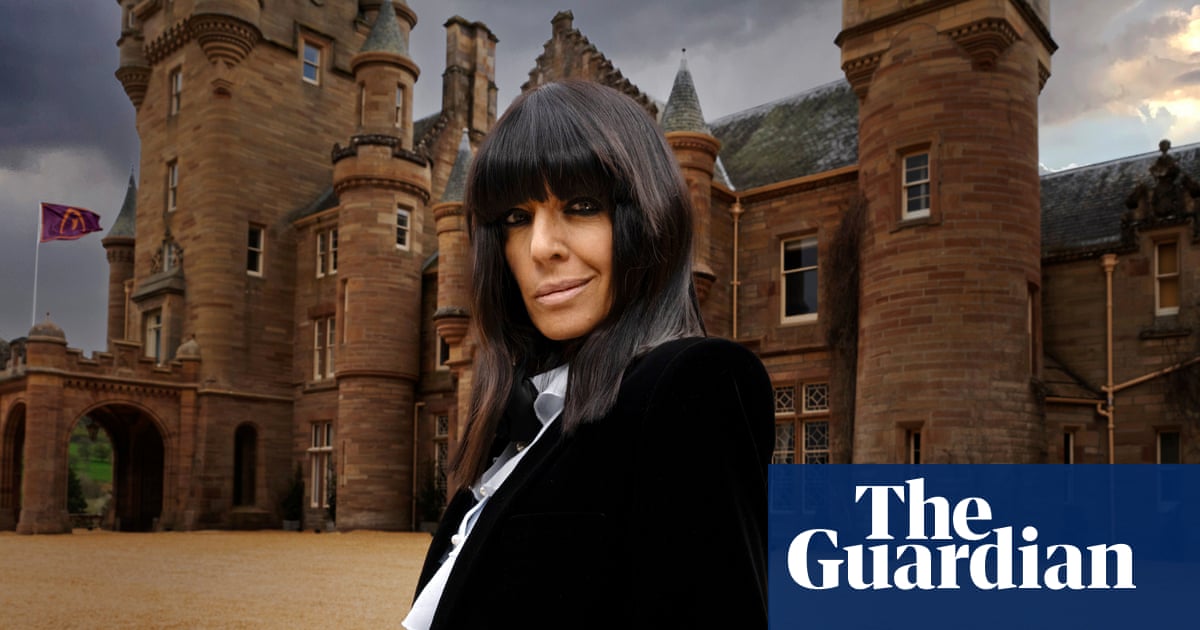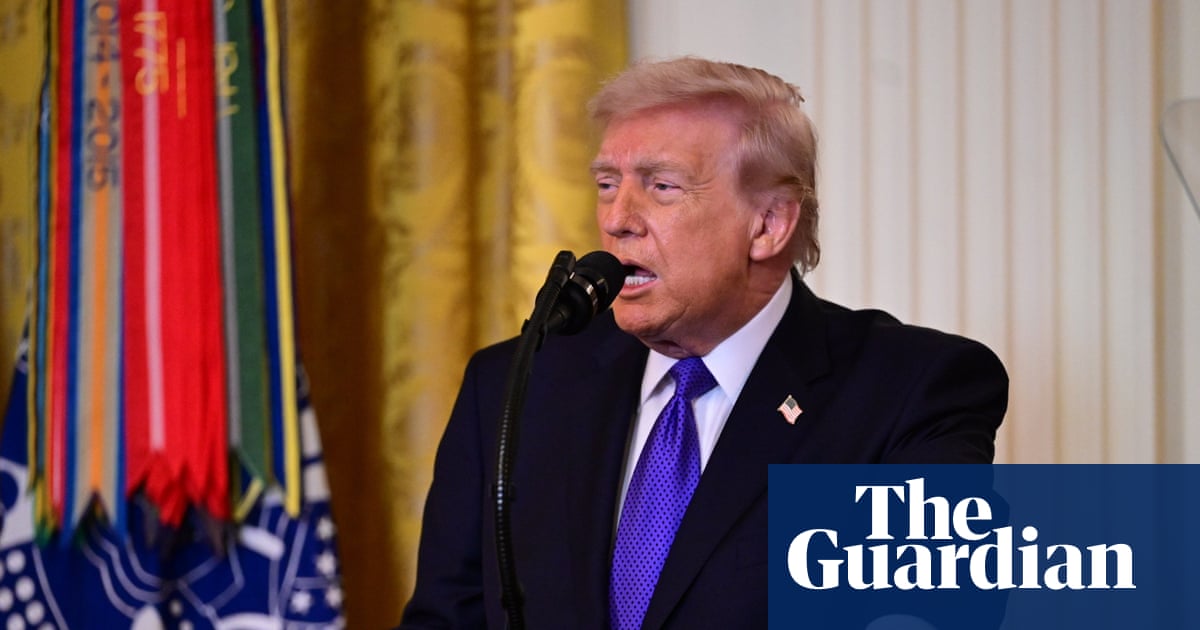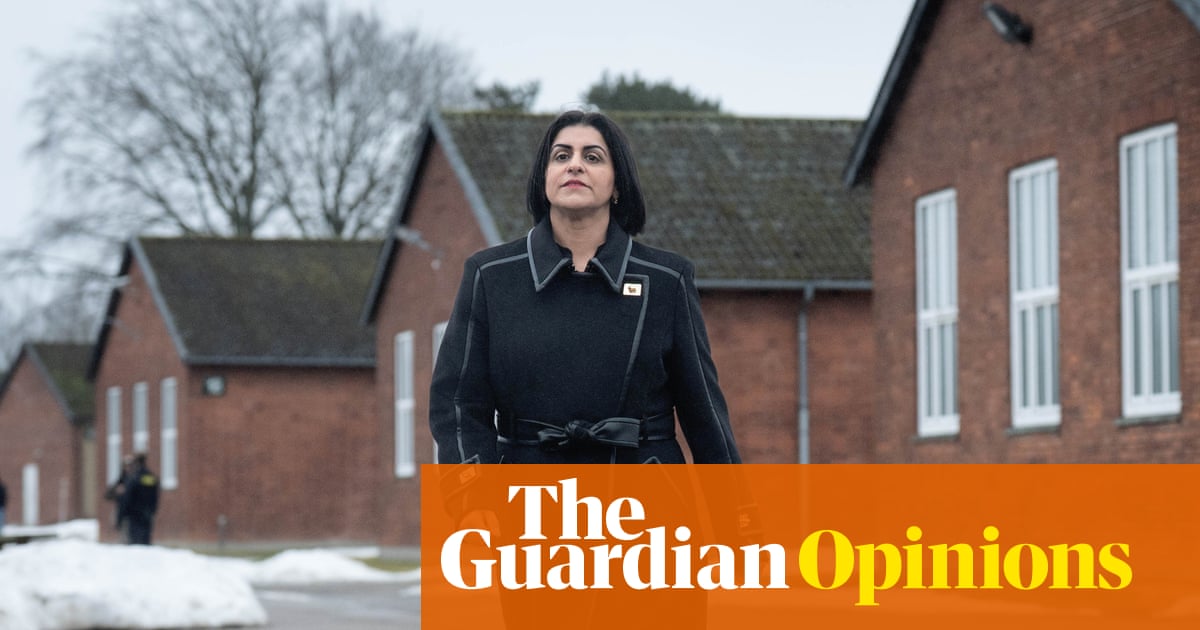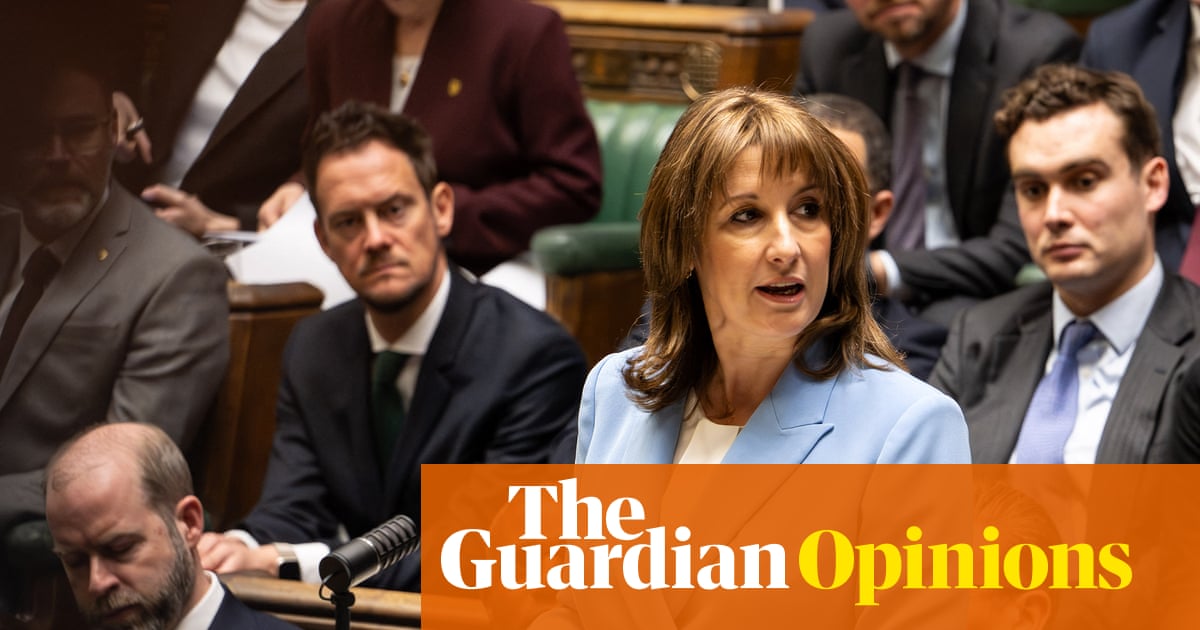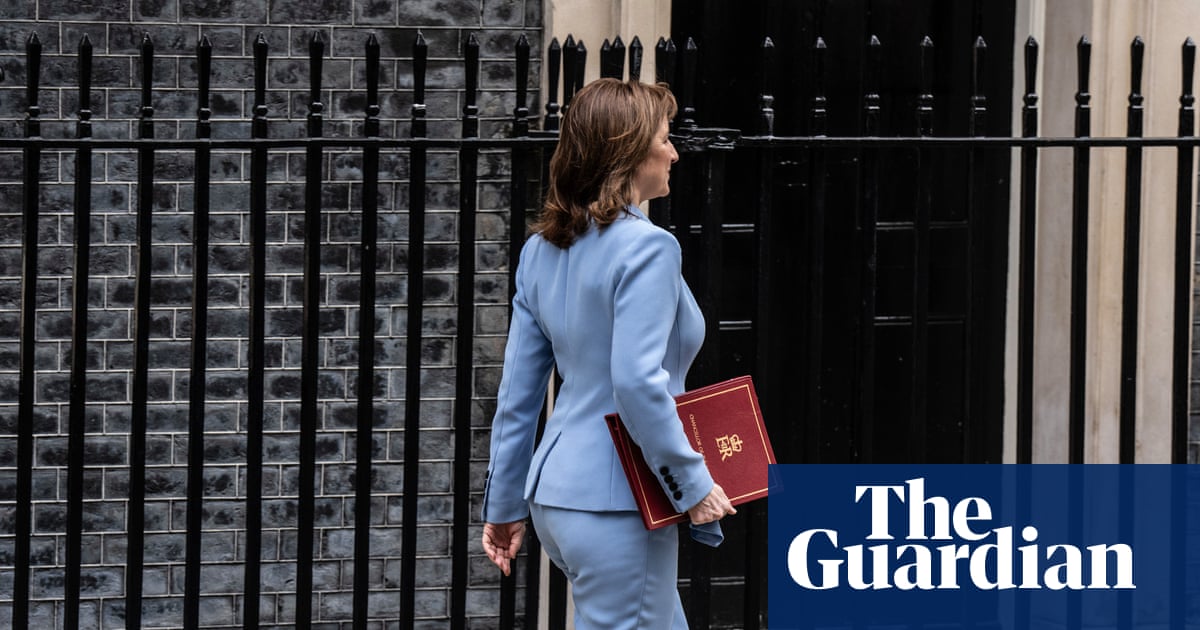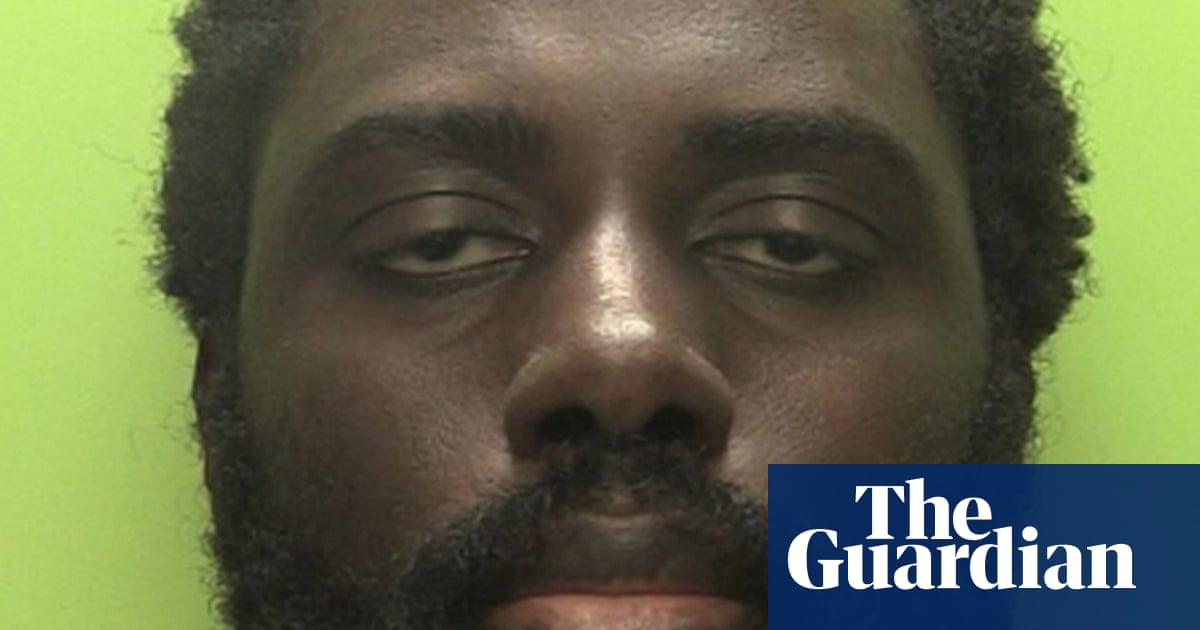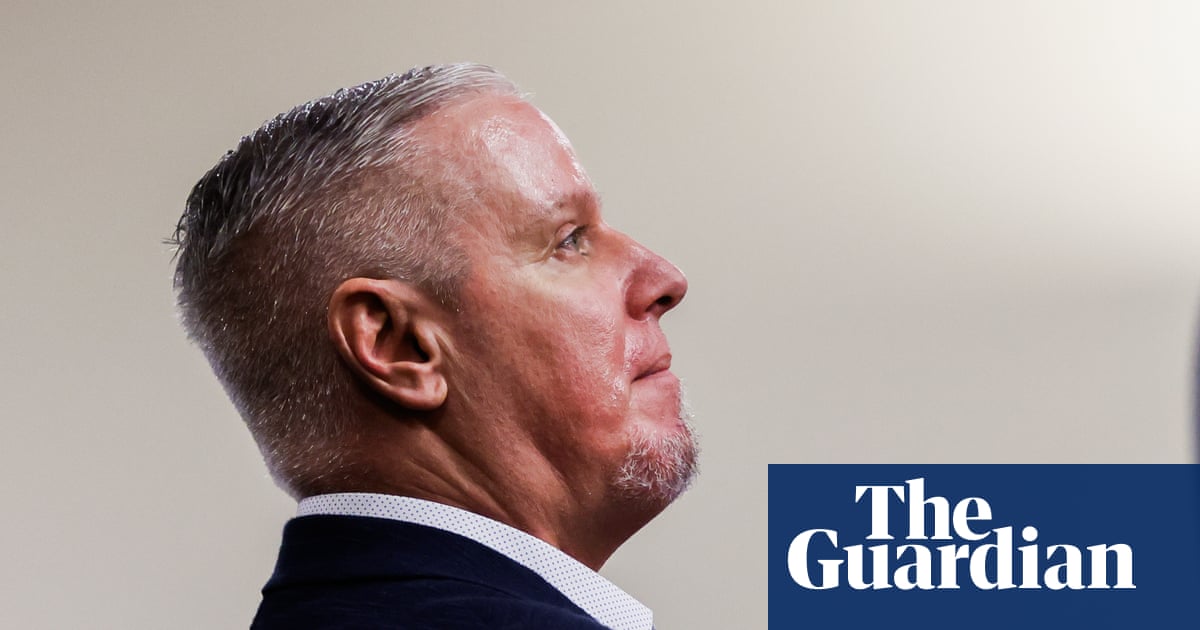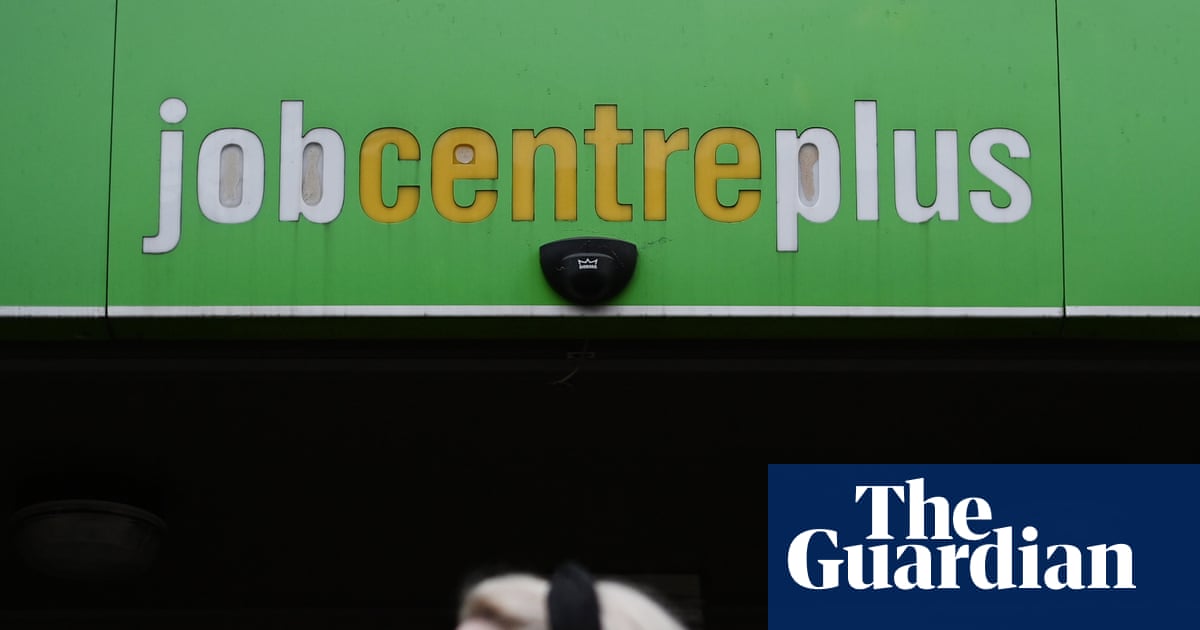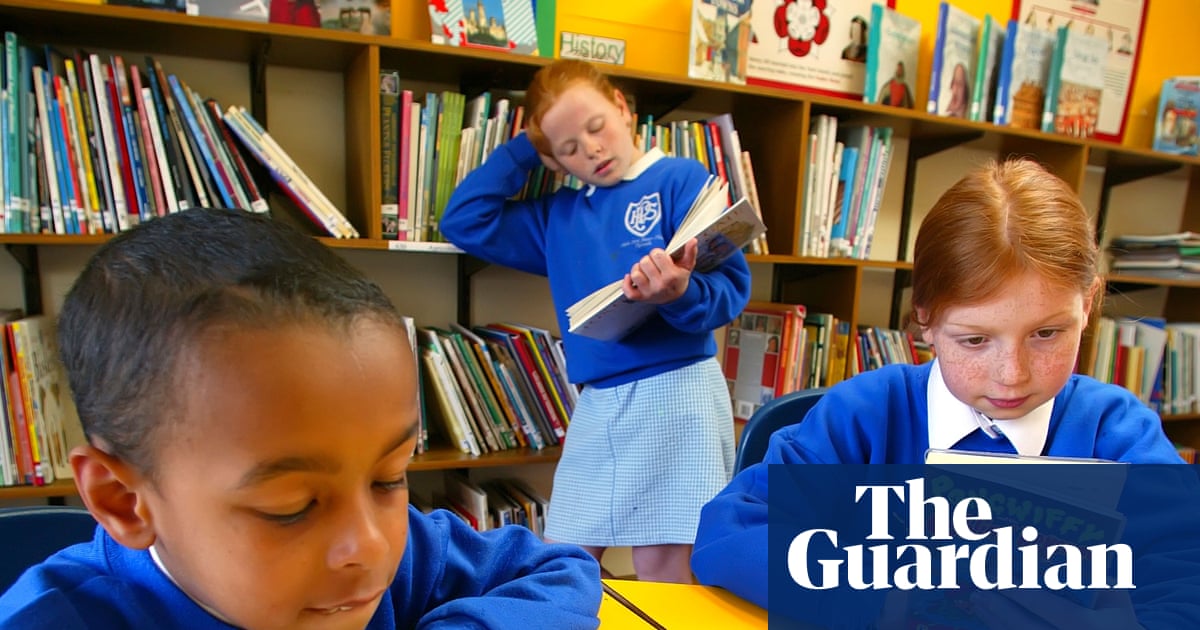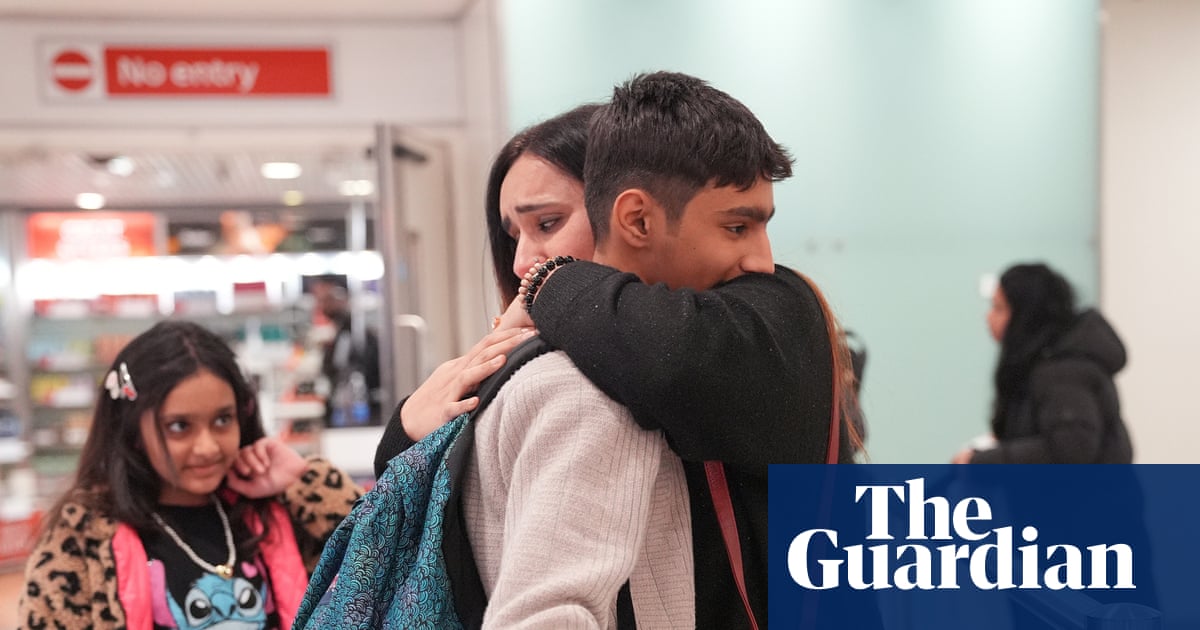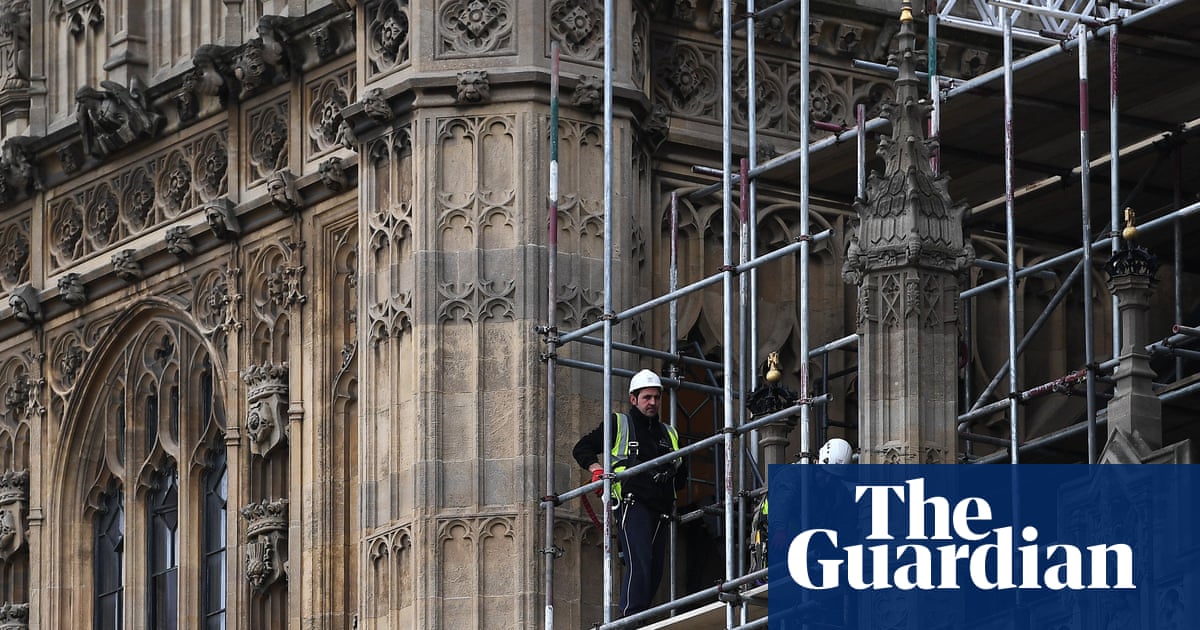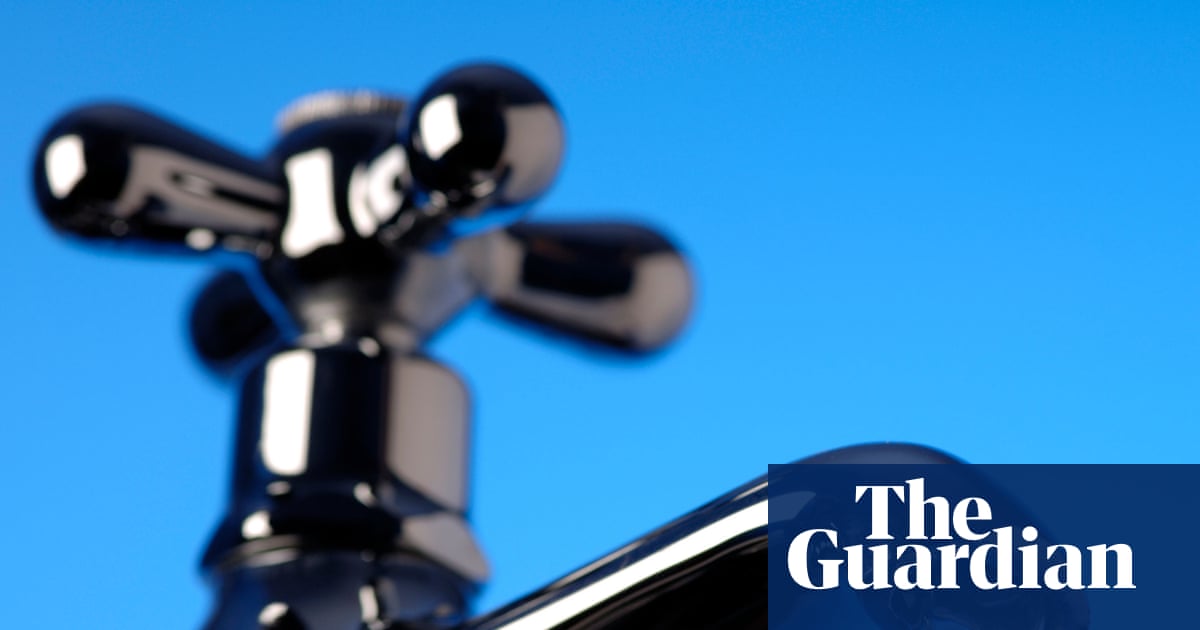A court in Munich has ruled that OpenAI’s chatbot ChatGPT violated German copyright laws by using hits from top-selling musicians to train its language models in what creative industry advocates described as a landmark European ruling.
The Munich regional court sided in favour of Germany’s music rights society GEMA, which said ChatGPT had harvested protected lyrics by popular artists to “learn” from them.
The collecting society GEMA, which manages the rights of composers, lyricists and music publishers and has approximately 100,000 members, filed the case against OpenAI in November 2024.
The lawsuit was seen as a key European test case in a campaign to stop AI scraping of creative output. OpenAI can appeal against the decision.
ChatGPT allows users to ask questions and type commands into a chatbot, which responds with text that resembles human language patterns. The model underlying ChatGPT is trained on widely available data.
The case revolved around nine of the most recognisable German hits of recent decades, which were used by ChatGPT to hone its language capabilities.
They included Herbert Grönemeyer’s 1984 synth-pop sendup of masculinity, Männer (Men), and Helene Fischer’s Atemlos Durch die Nacht (Breathless Through the Night), which was the unofficial anthem of the German side during the 2014 football World Cup.
The presiding judge ordered OpenAI to pay undisclosed damages for using copyrighted material without permission.
The GEMA legal adviser Kai Welp said the organisation now hoped to negotiate with OpenAI on how rights holders could be compensated.
The San Francisco-based company, whose founders include Sam Altman and Elon Musk, had said its language learning models absorbed entire training sets of data rather than storing or copying specific songs, the Munich court said.
Because its output is generated by users of the chatbot via their prompts, OpenAI said, they were the ones who should be held legally liable for it – an argument rejected by the court.
GEMA welcomed the decision as “the first landmark AI ruling in Europe”, saying it could have implications for other types of creative output.
Its chief executive, Tobias Holzmüller, said the decision proved “the internet is not a self-service store and human creative achievements are not free templates”.
“Today, we have set a precedent that protects and clarifies the rights of authors: even operators of AI tools such as ChatGPT must comply with copyright law. Today, we have successfully defended the livelihoods of music creators.”
The Berlin law firm Raue, which represented GEMA, said in a statement that the court’s decision “sets an important precedent for the protection of creative works and sends a clear signal to the global tech industry” while creating “legal certainty for creators, music publishers and platforms across Europe”.
The ruling “is likely to have an impact far beyond Germany as a precedent”, it said.
The German Journalists’ Association also hailed the ruling as “a milestone victory for copyright law”.
OpenAI said in a statement it would weigh an appeal. “We disagree with the ruling and are considering next steps,” it said. “The decision is for a limited set of lyrics and does not impact the millions of people, businesses and developers in Germany that use our technology every day.”
It added: “We respect the rights of creators and content owners and are having productive conversations with many organisations around the world, so that they can also benefit from the opportunities of this technology.”
OpenAI has faced litigation in the US from authors and media groups claiming ChatGPT has been trained on their work without permission.

 3 months ago
107
3 months ago
107

